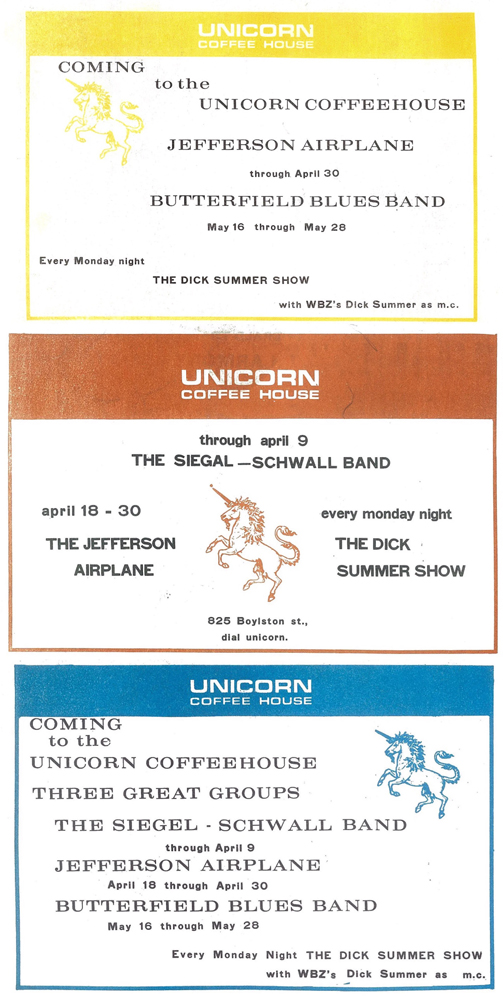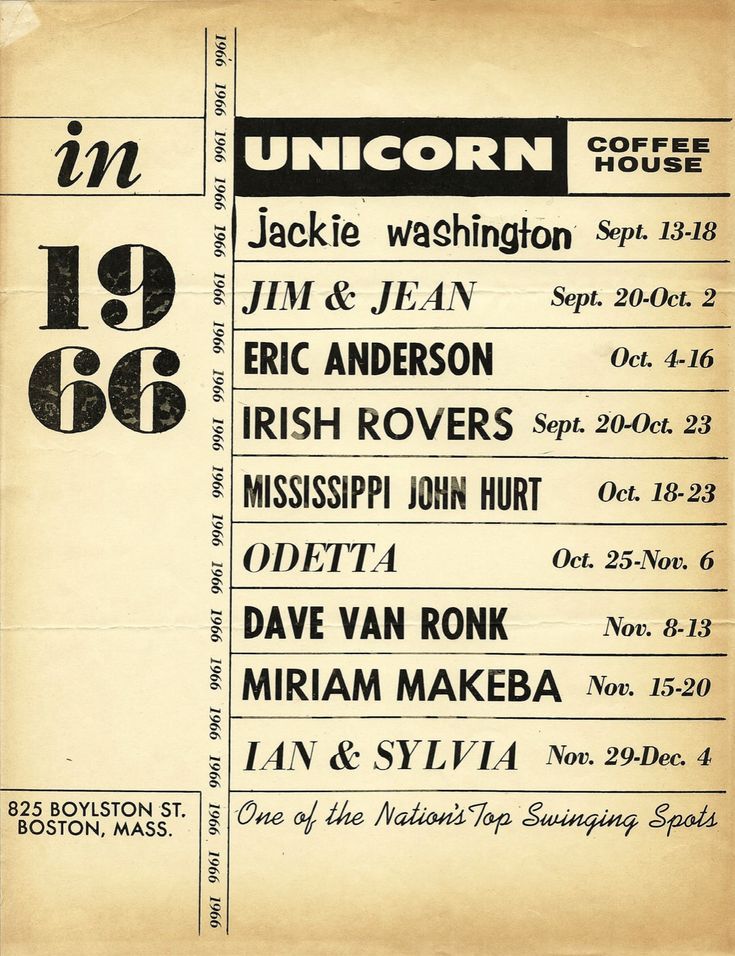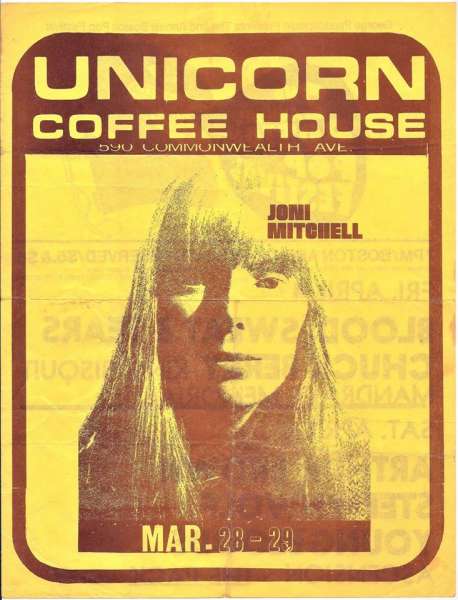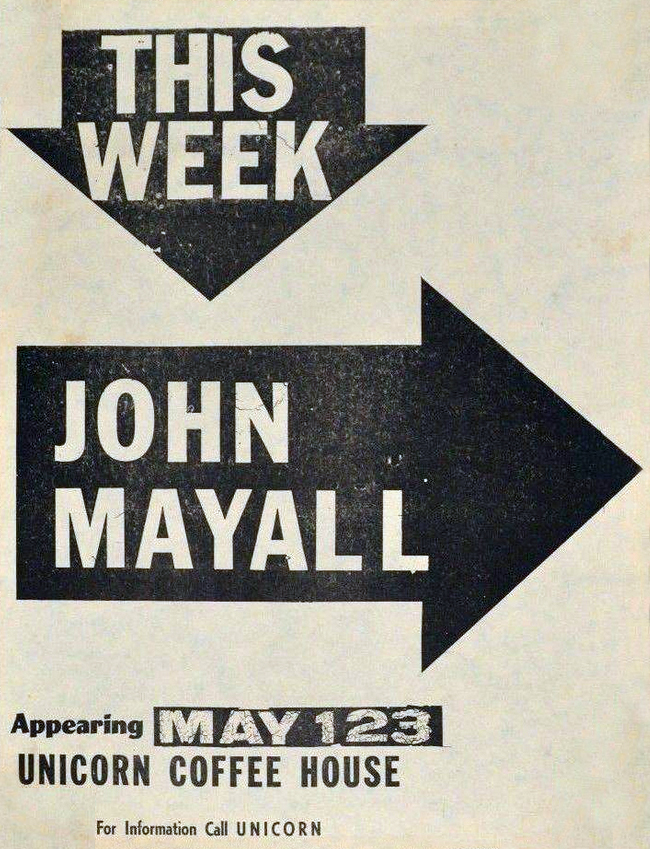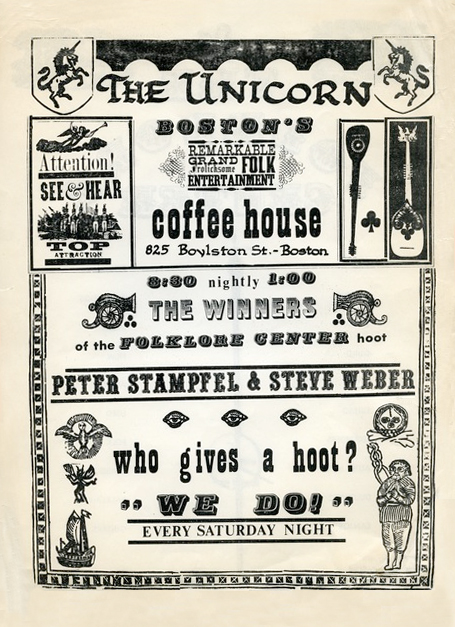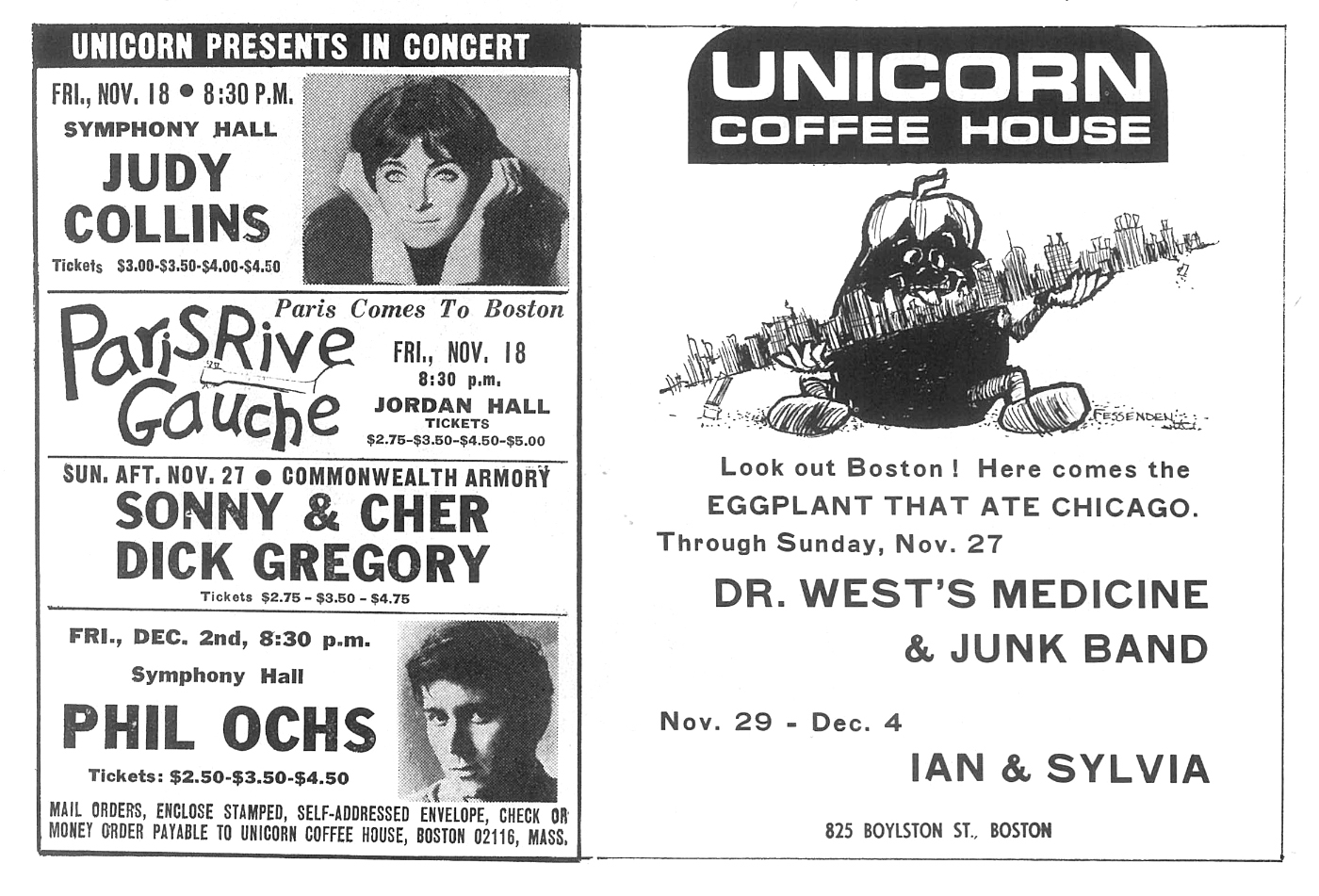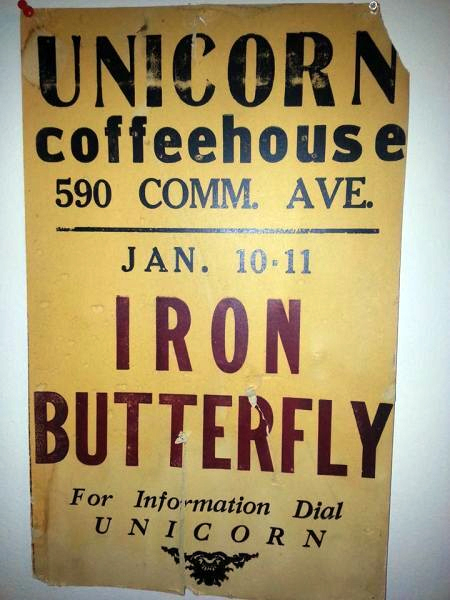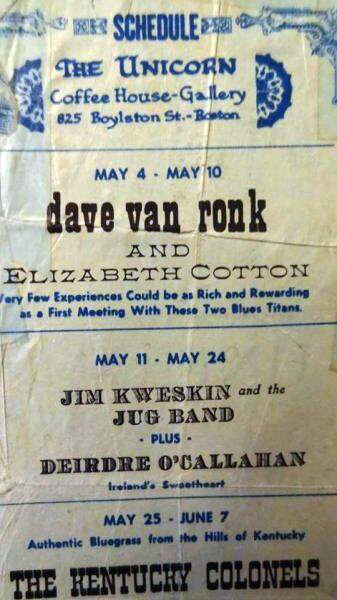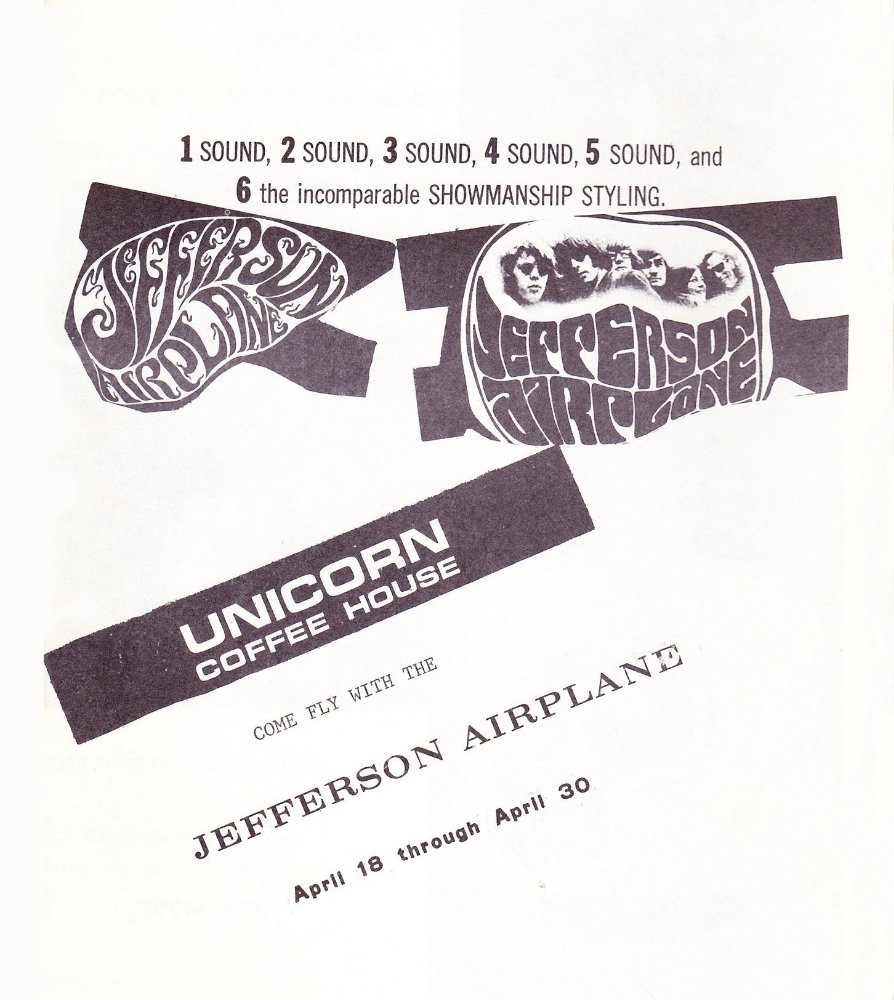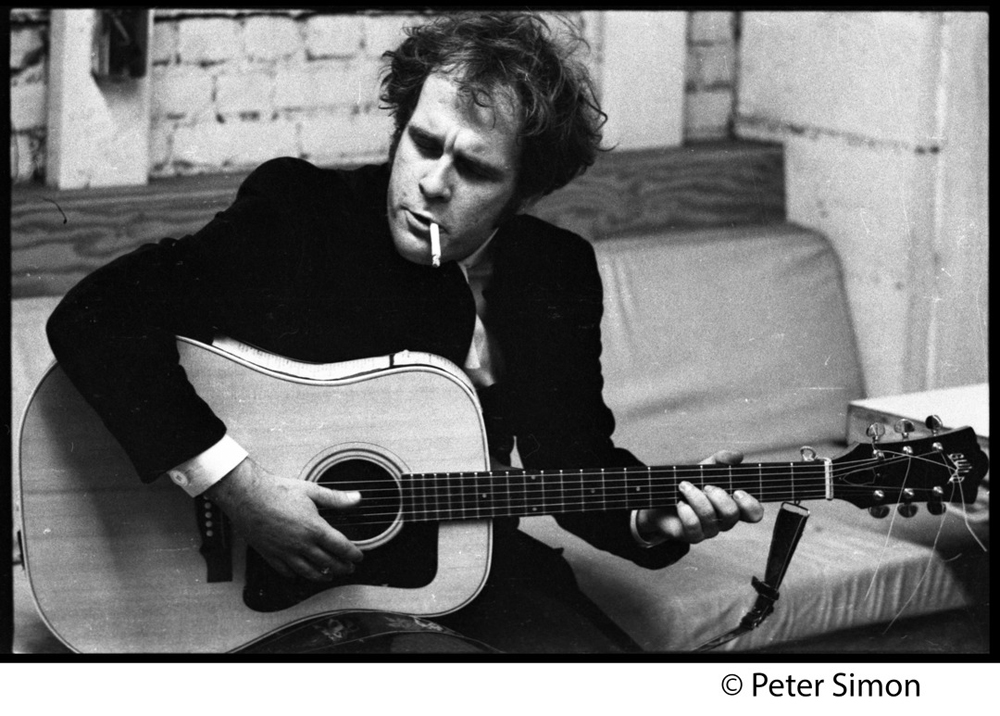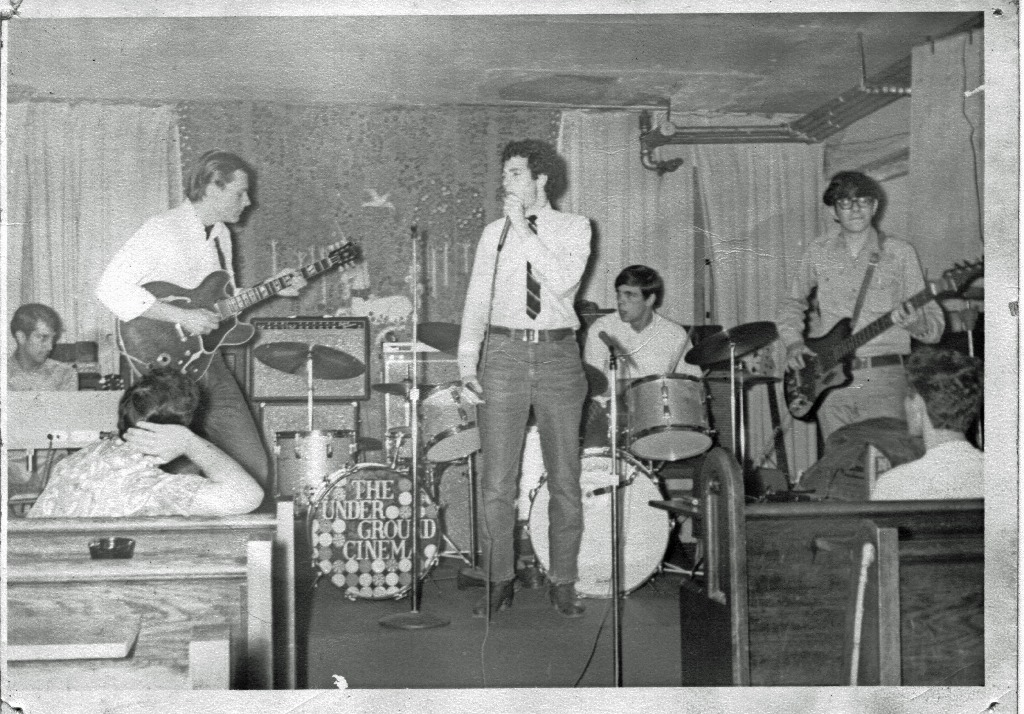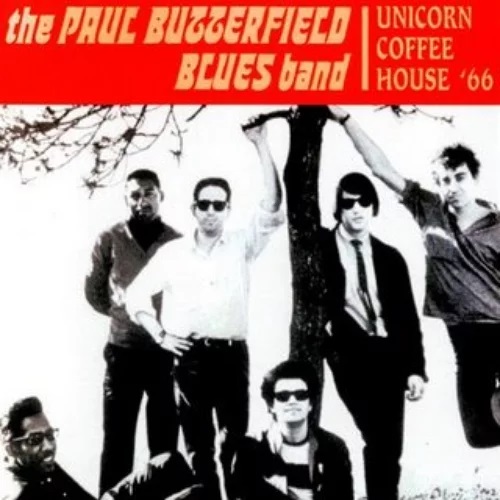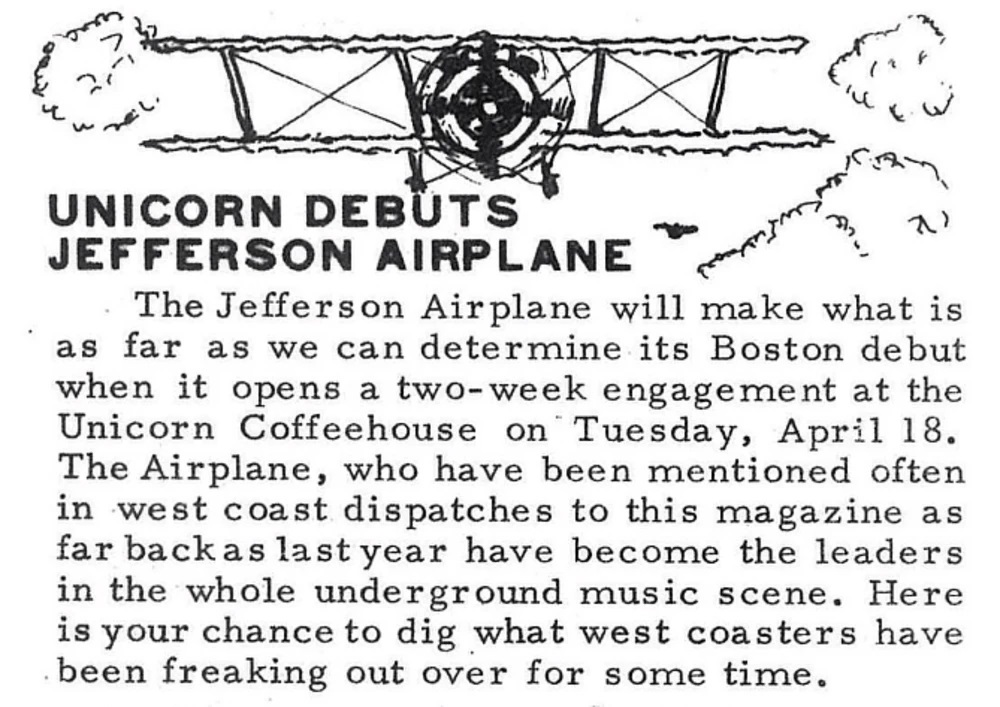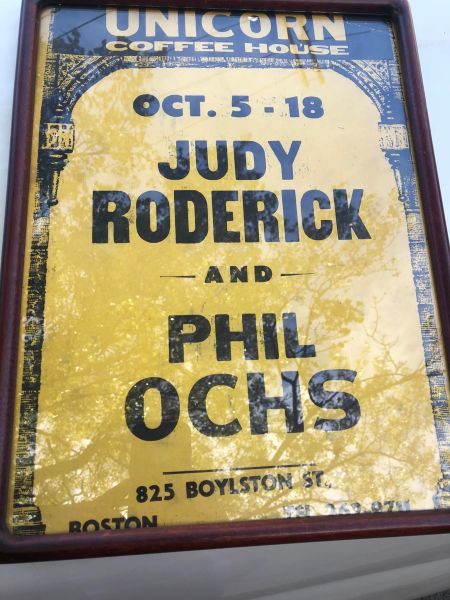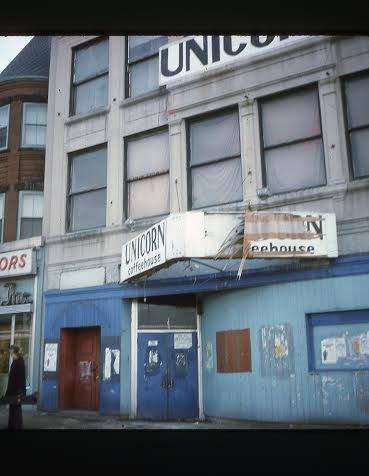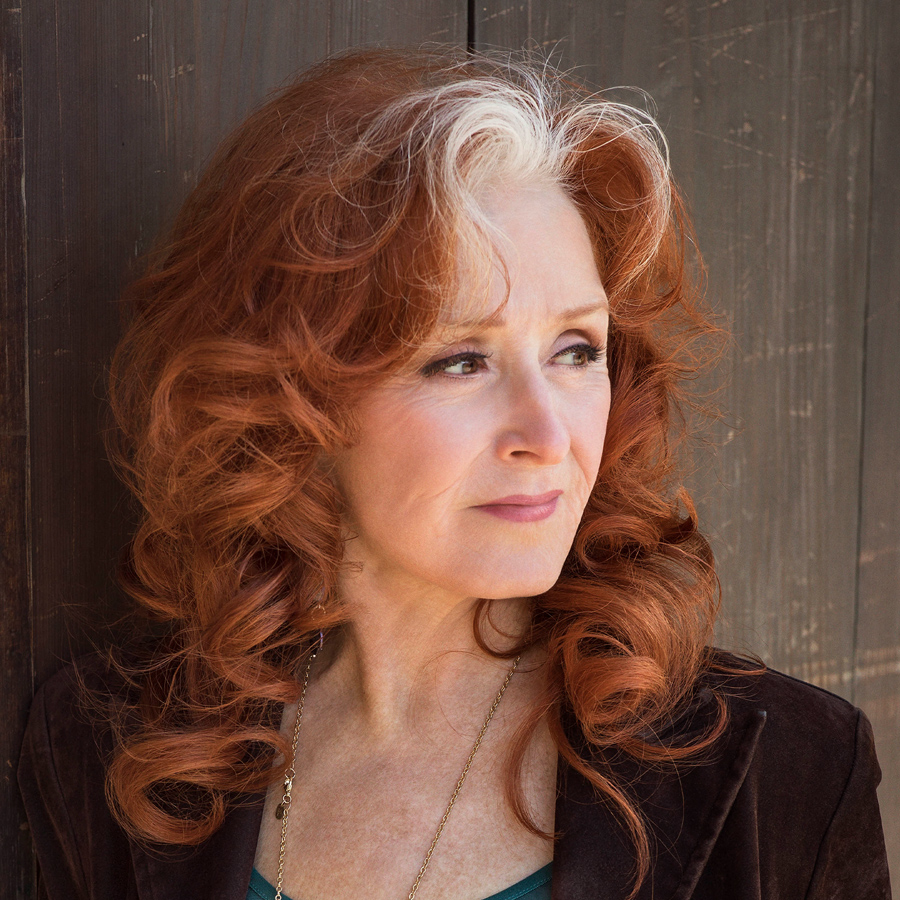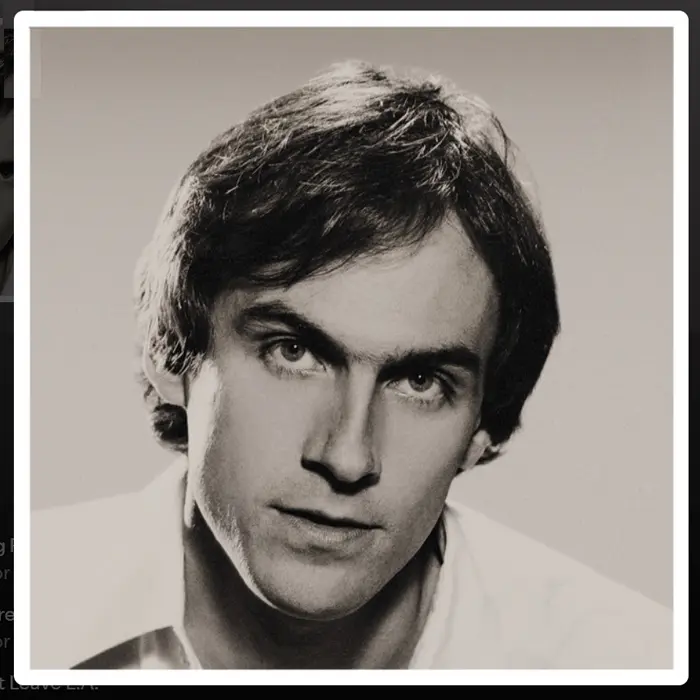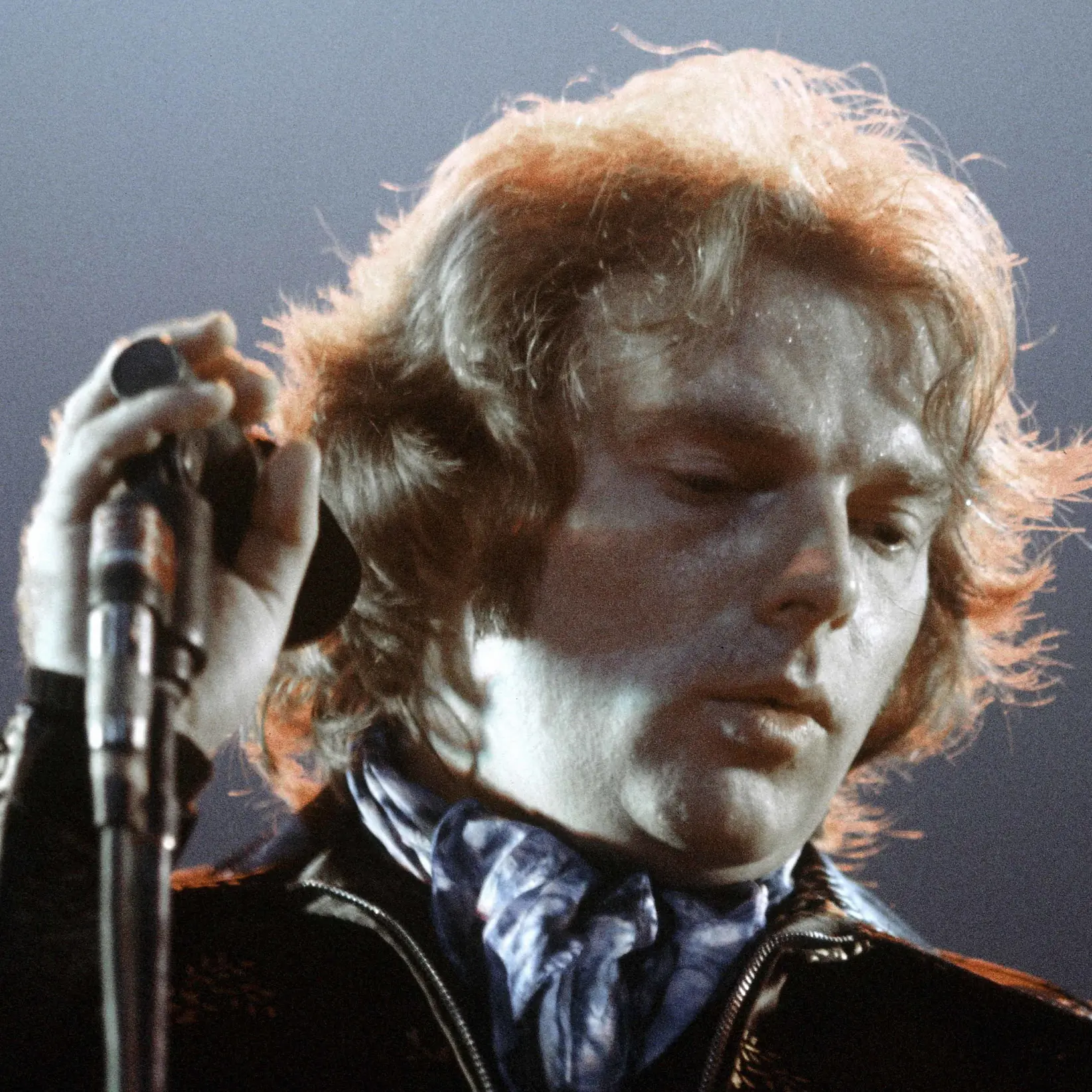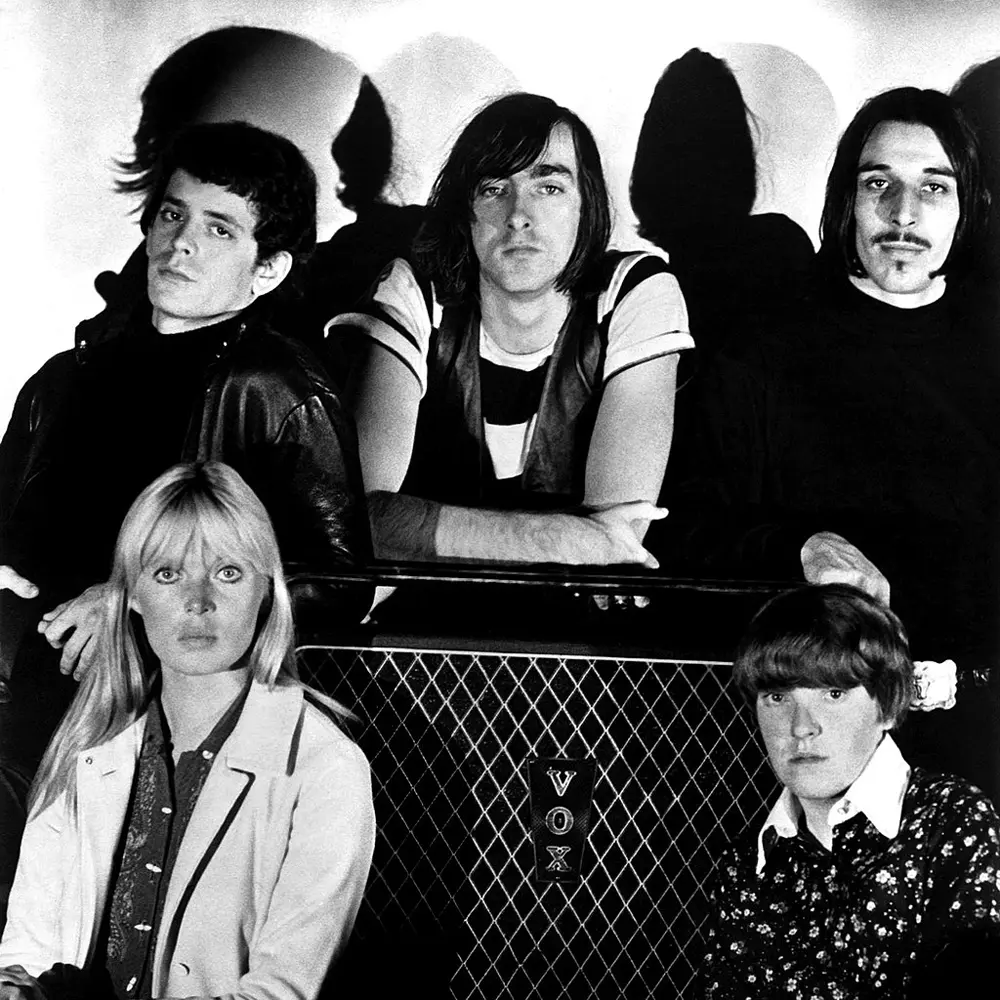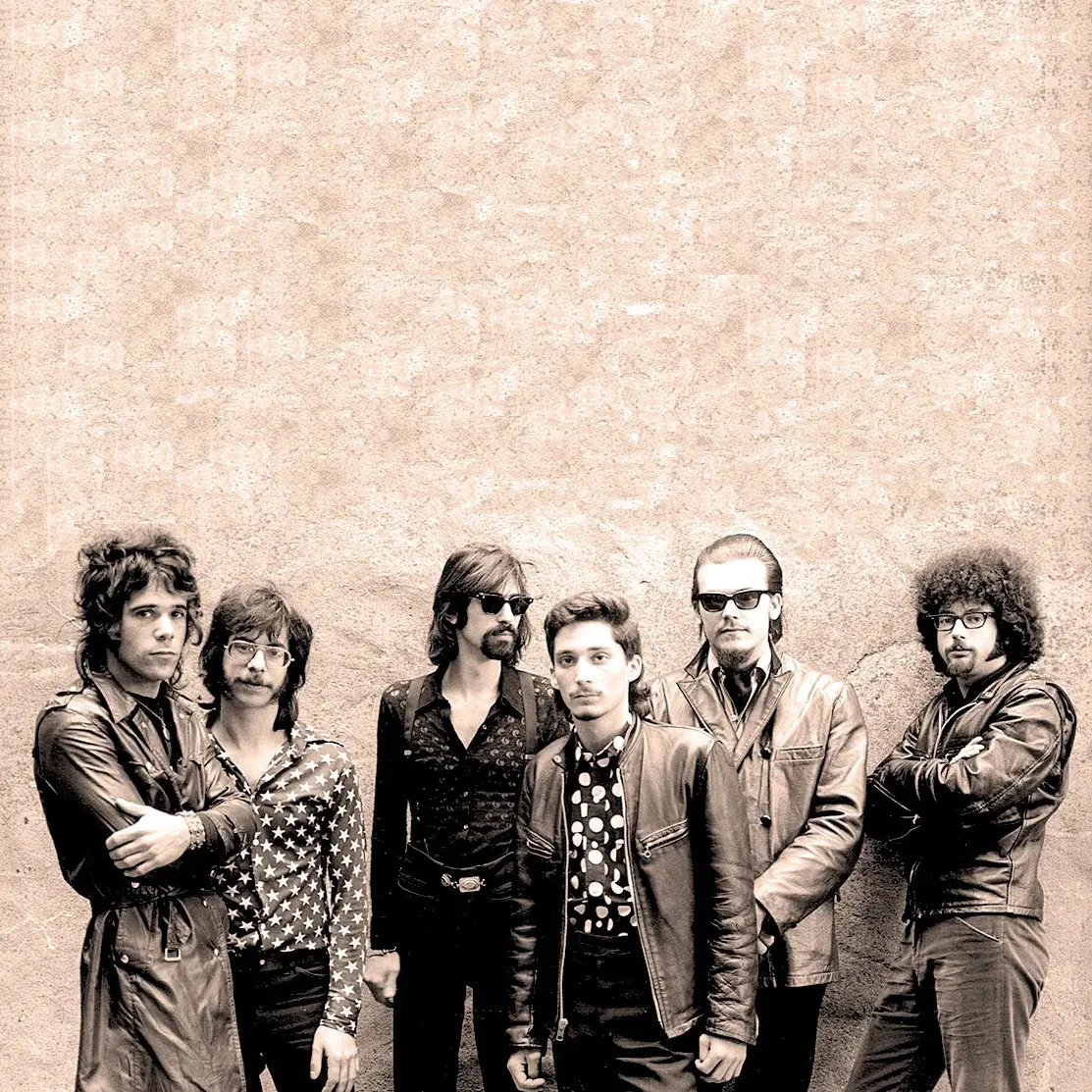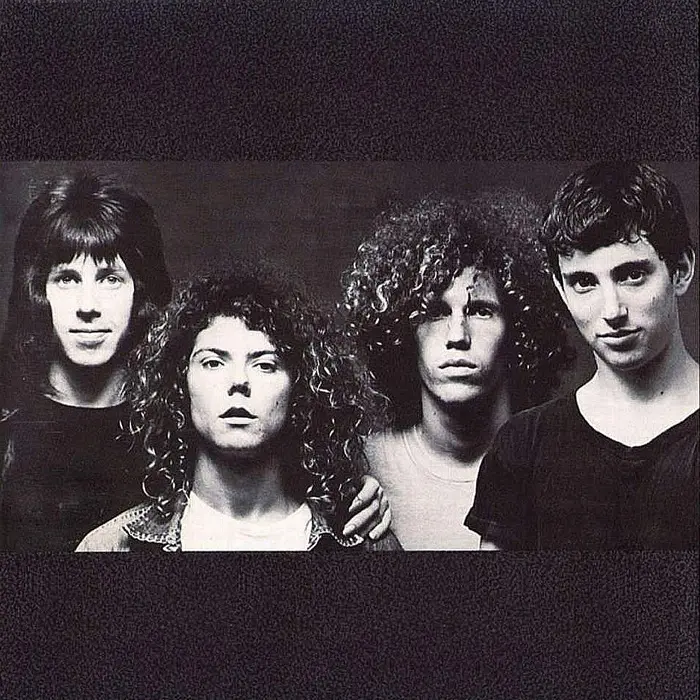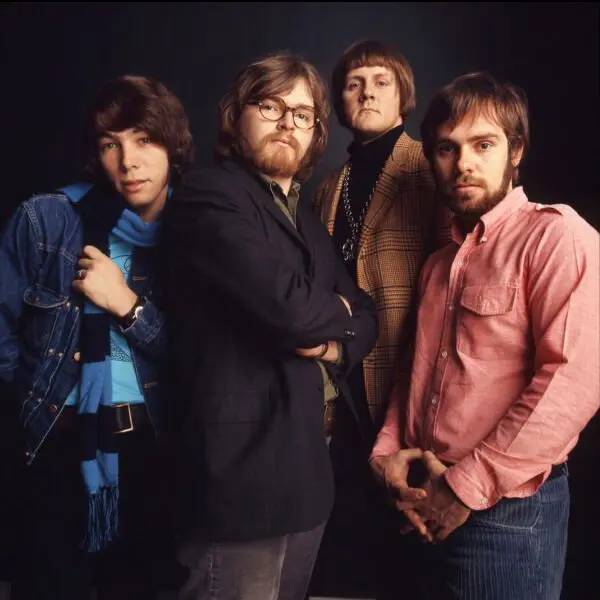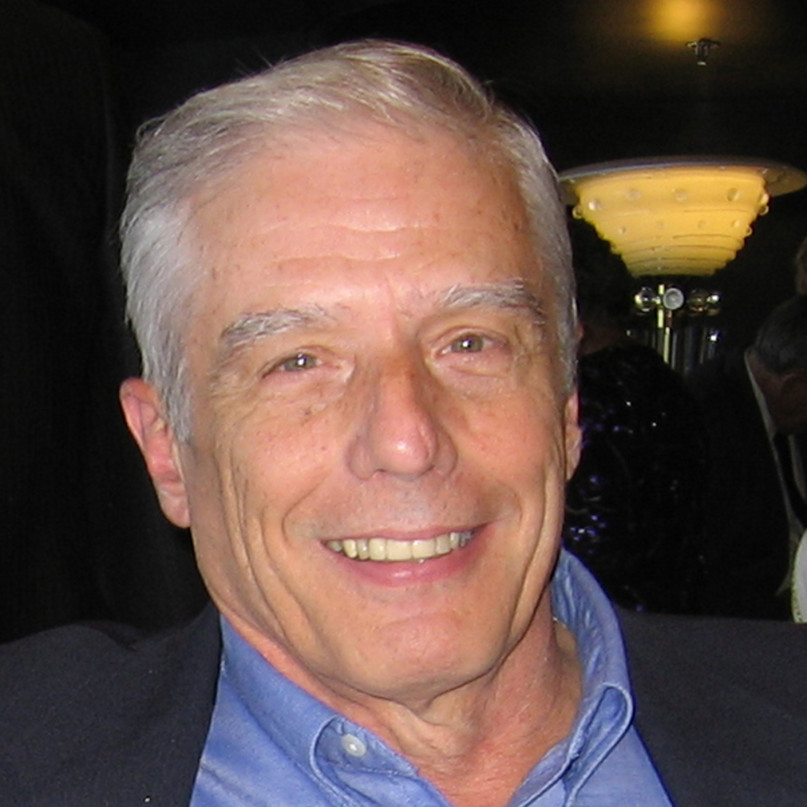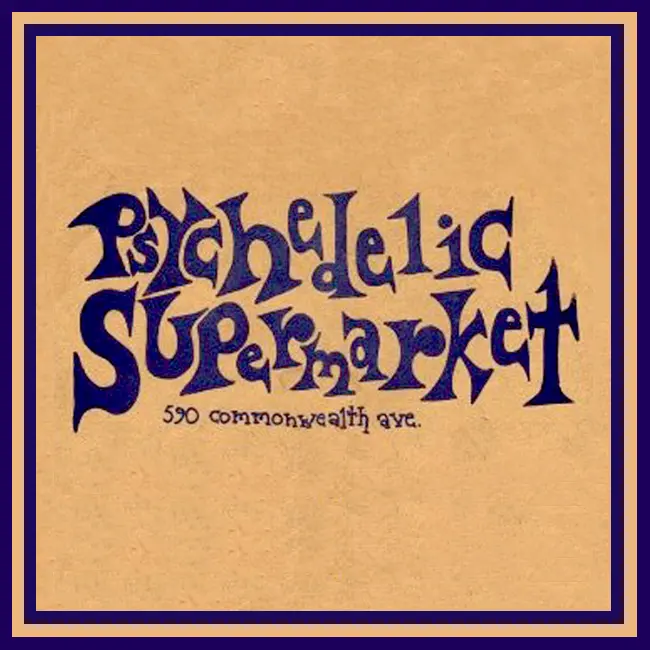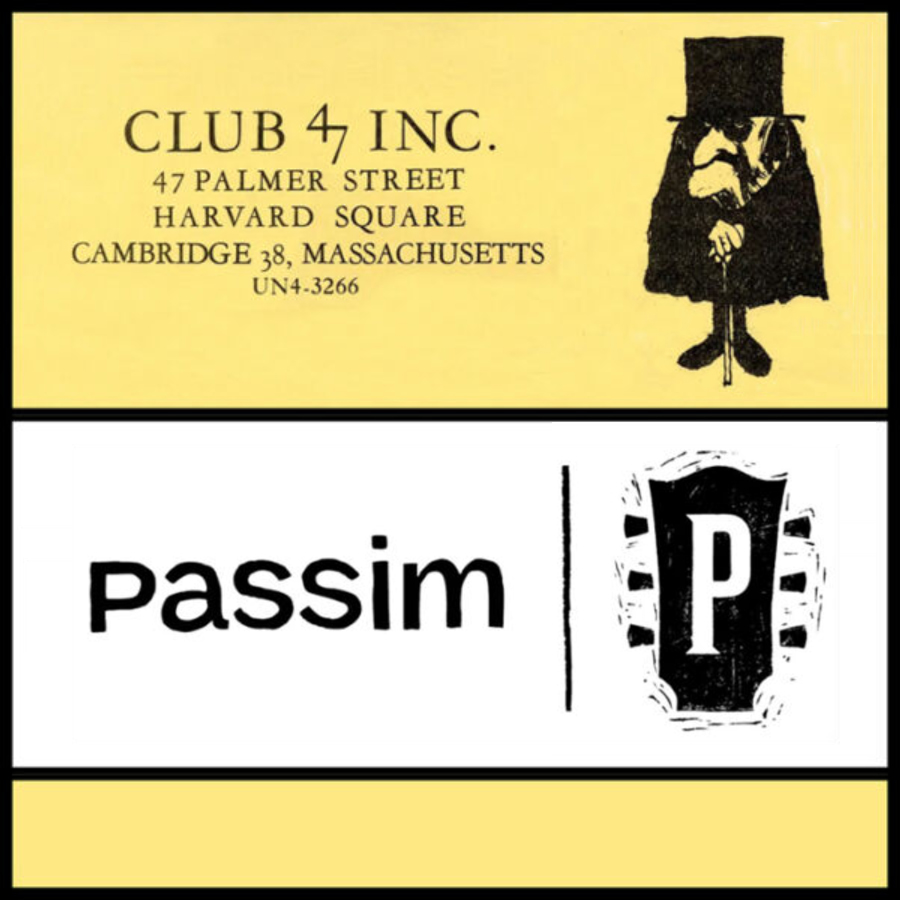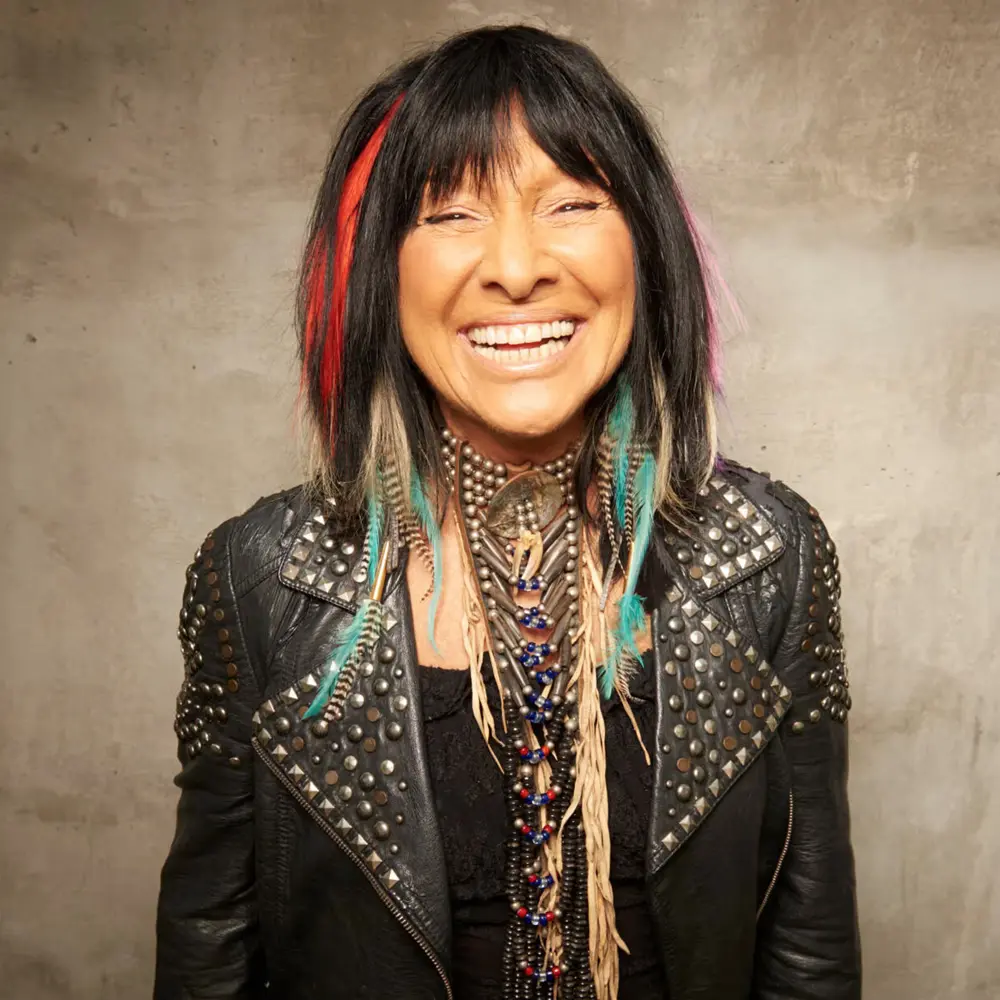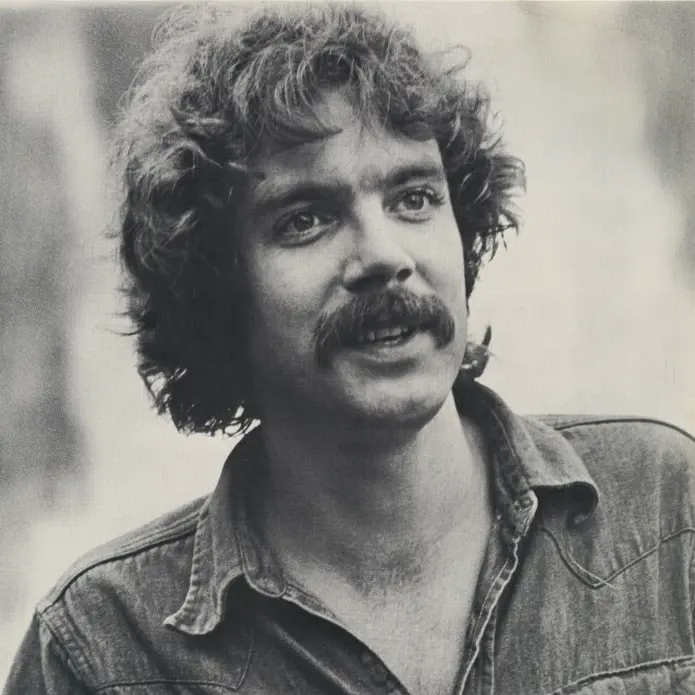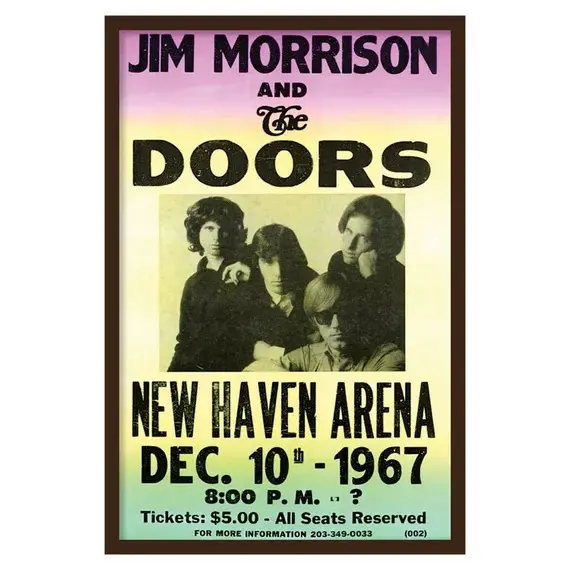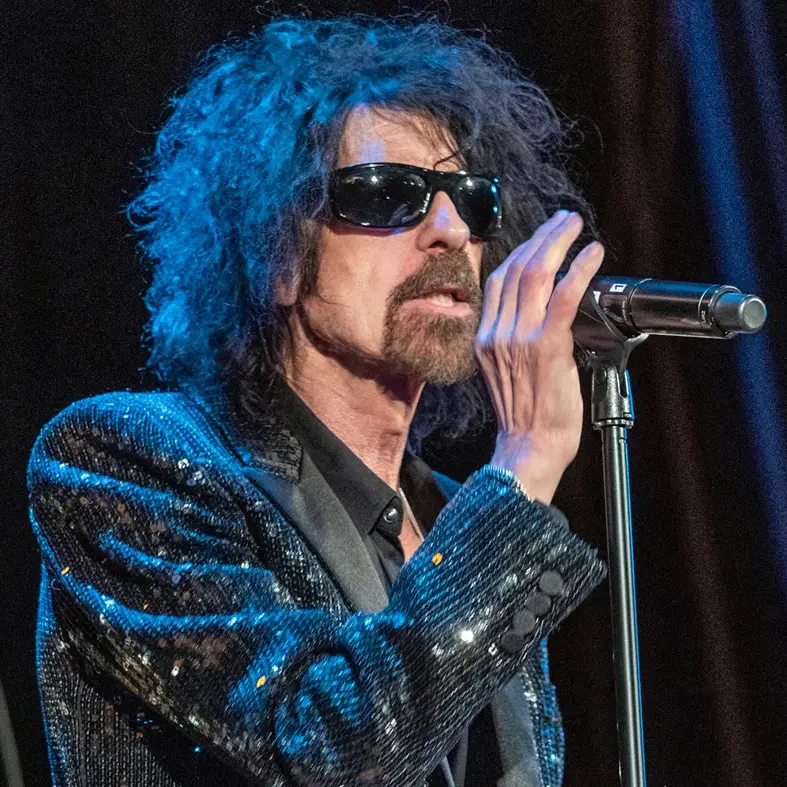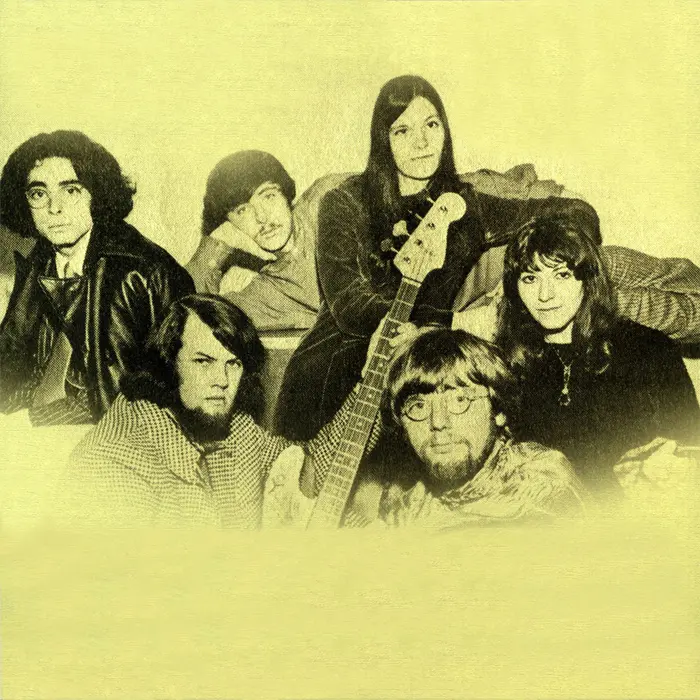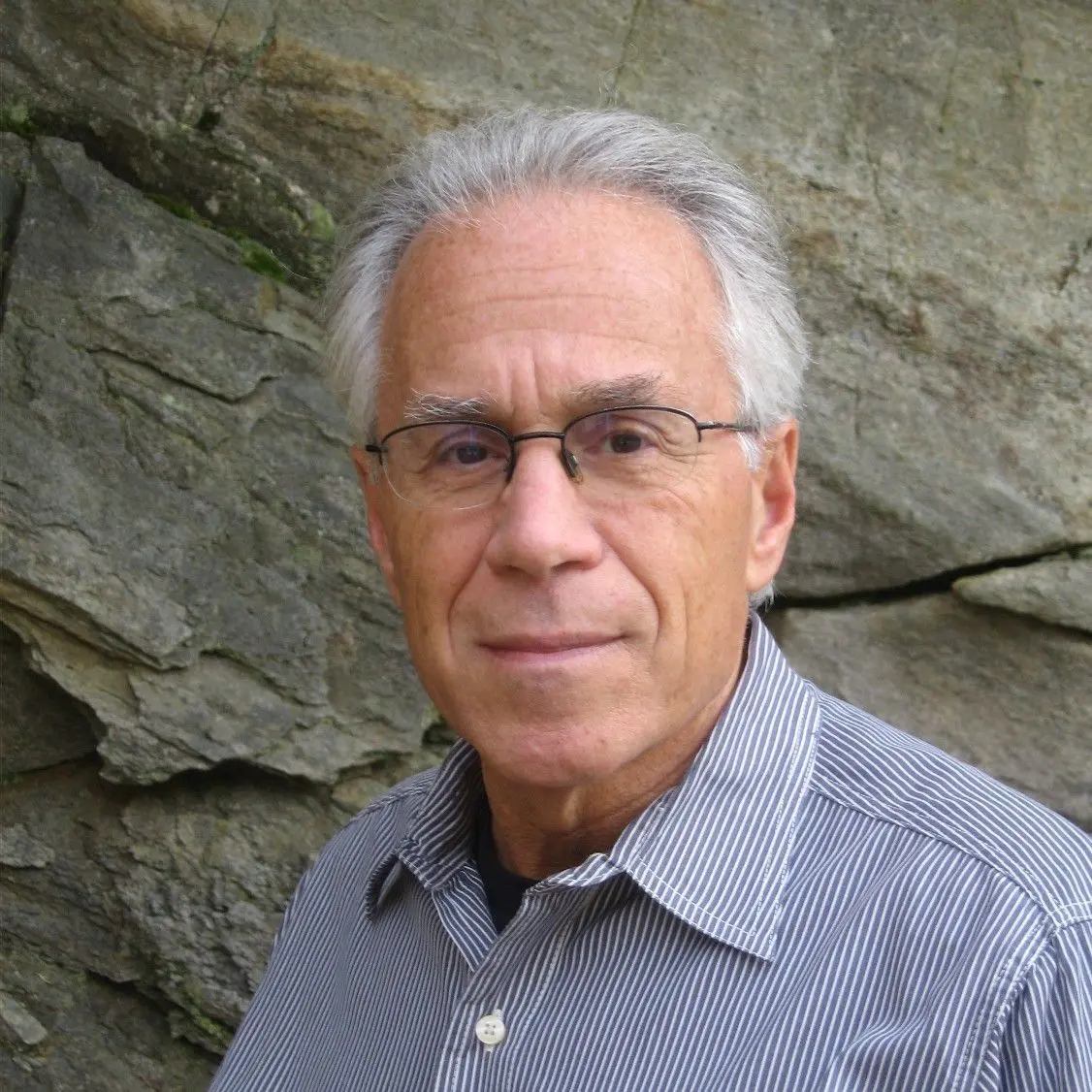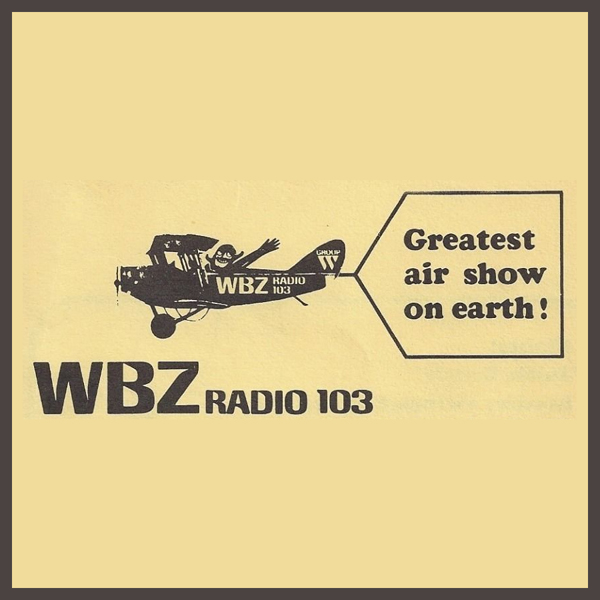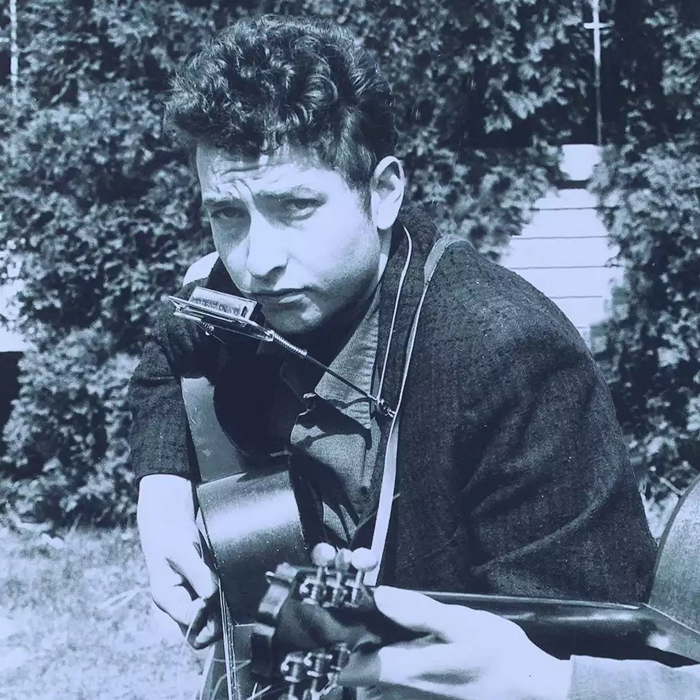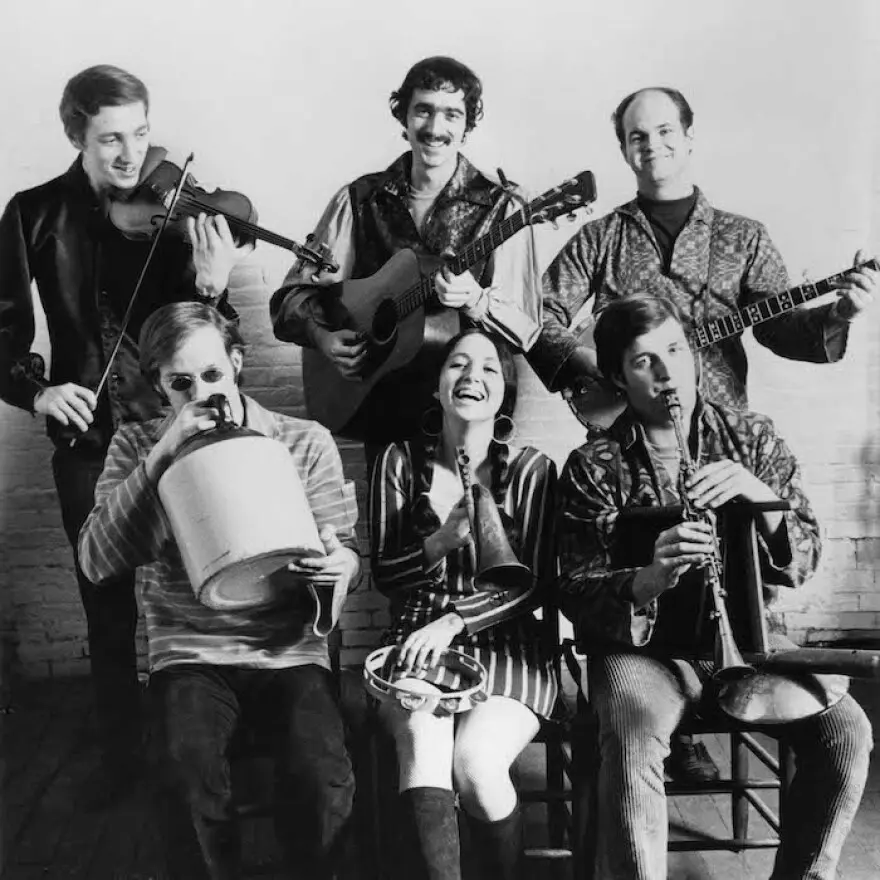Unicorn Coffee House
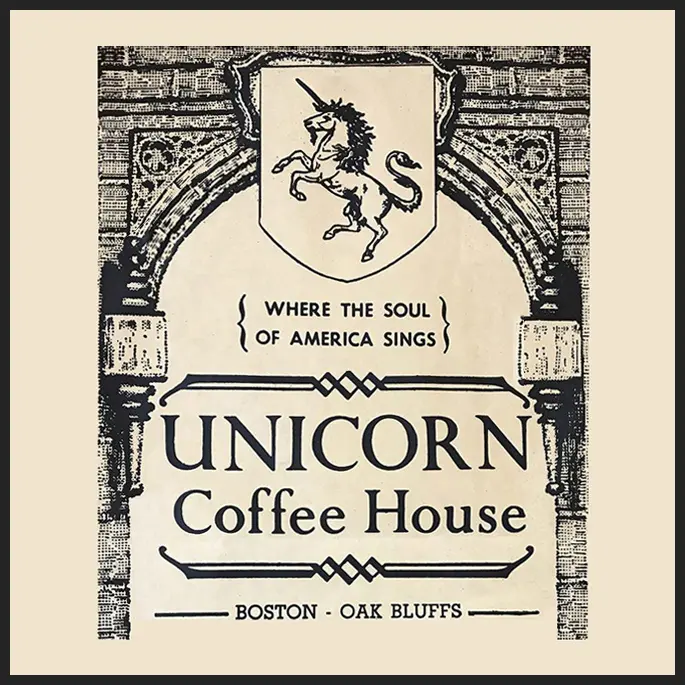
In the 1960s, American folk music experienced a tremendous revival, centered in Greenwich Village and the Boston/Cambridge area. Accordingly, there were many coffeehouses in eastern Massachusetts presenting live music. In Harvard Square, for example, there was Club 47, and in Boston’s Back Bay, there was the Unicorn Coffee House, most commonly known as simply “the Unicorn,” owned by George Papadopolous, who also owned the rock club Psychedelic Supermarket. Located at 825 Boylston Street (across from what’s now the Hynes Convention Center), the Unicorn was “intimate” in that it was small and dark, but the roster of performers who appeared there in the ‘60s and ‘70s lit the place up.
NOTABLE APPEARANCES, DICK SUMMER
Folk artists who took the stage included Joni Mitchell, Bonnie Raitt, Richard & Mimi Farina, James Taylor, bluegrass greats The Kentucky Colonels, Buffy Sainte-Marie, Phil Ochs, Dave van Ronk, David Blue and Tim Hardin. Tom Rush recorded his first album there in ‘62 (Tom Rush at the Unicorn, featuring Fritz Richmond on washtub), which gave him special cache among area folkies as “the guy with the record.” Only 600 copies of the LP were pressed, and today one will fetch up to $500 on eBay. On open-mic nights, unknowns could sing and strum before live audiences and dream of becoming the next Bob Dylan.
The Unicorn was much more than just a folk club, however. Among the many blues greats who played the room were Mississippi John Hurt, John Lee Hooker, John Mayall and The Paul Butterfield Blues Band and it also featured up-and-coming rock acts including The Doors, The Velvet Underground, Van Morrison, The Chambers Brothers, Jefferson Airplane, Gram Parsons’ International Submarine Band and, years before they became TV stars, The Monkees. Local acts included The J. Geils Blues Band (before Peter Wolf joined the group and they dropped “Blues” from the name), the Colwell-Winfield Blues Band, The Modern Lovers, Ultimate Spinach and Orpheus, who were discovered there and signed to a record deal. For a while, WBZ’s Dick Summer emceed at the club once a week.
With no liquor license, coffee and music were the only intoxicants at the Unicorn, and, like many similar venues of the era, it succumbed to the changing economics of the music business. The club moved to a larger location on Boylston Street in 1971, but the spirit of the place seemed to have fled and it closed soon after. Even so, the Unicorn left an indelible mark as one of Boston’s most venerated, historic clubs.
(by Steve Nelson)
Steve Nelson is co-founder and president emeritus of the Music Museum of New England.

